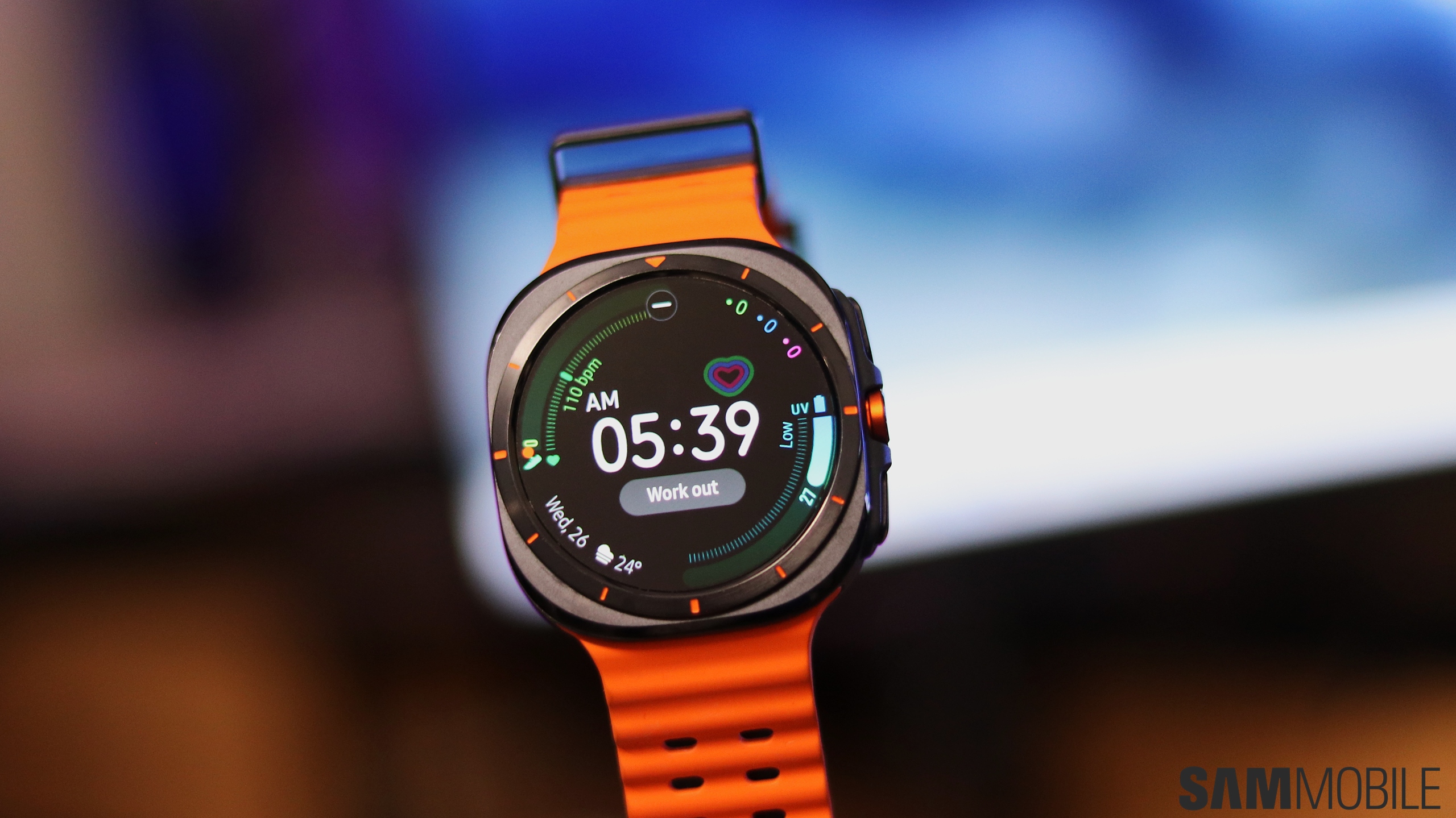
- A smartphone is one of the most personal devices a human being can own, and it’s one of those devices where compromising on security is not an option. The better the security, the harder it is for someone to steal your data. To enhance security on its devices, Samsung introduced a fingerprint scanner on its early 2014 flagship device, the Galaxy S5. Since then, it has equipped many of its devices with a fingerprint scanner, including the Galaxy S5 Mini, Galaxy Alpha, Galaxy Tab S, Galaxy Note 4, and Galaxy Note Edge.
- • Fingerprint Unlock: Verifies the user’s identity and unlocks the device.
- • Web sign-in: Allows users to sign into websites using fingerprints.
- • Verify Samsung Account: Verifies the user’s identity when purchasing content in Samsung services.
- • Private Mode: It’s not specifically a fingerprint-exclusive feature, but allows user to choose fingerprint as an unlock method.
- • Pay with PayPal: Allows users to make quick and secure payments via their PayPal account using their registered fingerprints.
Now, the Korean giant wasn’t the first OEM to implement a fingerprint scanner into a smartphone; it had been done before. However, Samsung’s implementation was the best, software-wise. You could do a lot more with it than just unlock your device. Hardware-wise, the Korean firm used a swipe-based fingerprint sensor, which wasn’t that great, simply because it was poorly designed. Samsung built it into the home button, which didn't provide sufficient surface area for the finger to slide over properly and resulted in errors, ultimately frustrating the users. The only trick to get it to work better was to register a finger in multiple angles, but many people don’t know about this trick, and Samsung’s fingerprint registering tutorial is terrible.
Nonetheless, highly credible sources tell SamMobile that Samsung is ditching the swipe-based fingerprint sensor for a touch-based sensor for its next generation Galaxy S device. Furthermore, the sensor will work in the same manner as on the Huawei Ascend Mate 7 and the iPhone 5S / 6 / 6 Plus, sources confirm. Which means you will be able to enroll an entire fingerprint, unlike the swipe-based sensor, which only partially registered a fingerprint.
The new touch-based sensor is built into the home button as well, just like its predecessor. However, we are told the Korean company has made the home button slightly bigger compared to the Galaxy S5 and Note 4, which makes the experience flawless. With the new touch-based sensor, you wouldn’t have to swipe your finger on the sensor anymore; instead, you would just place your fingertip on the home key – at any angle – then lift it off, and that’s it.
Software-wise, there are no new features undergoing testing at the moment, but inspite of that, Samsung will, at least, be bringing back all the legacy features from previous flagship devices to the Galaxy S6, including:
Well, that’s about everything we were able to obtain from our sources regarding the Galaxy S6’s fingerprint scanner at the moment, but we will update you folks if we receive new intel. This is just the beginning of the leaks, so stay tuned to SamMobile; we will be revealing each and every detail of Samsung’s Next Big Thing over the coming weeks, bit by bit.


















